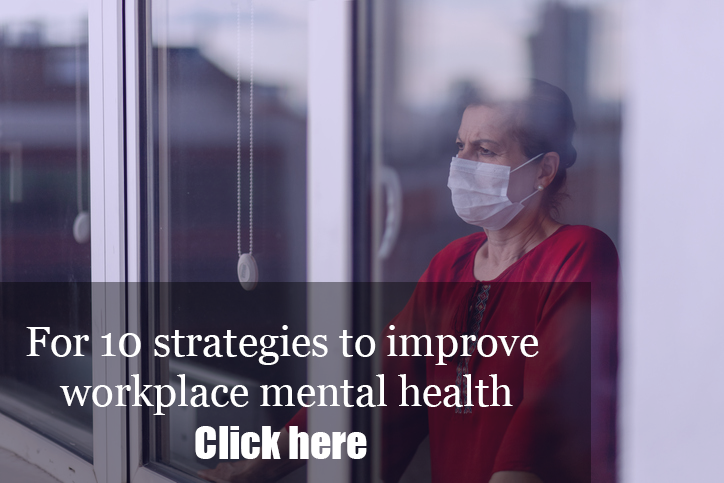
Prince Harry is joining the burgeoning HR mental health space, signaling the growing popularity of technology solutions to help improve employees’ mental health.
The Duke of Sussex is now chief impact officer of BetterUp, which provides digital coaching and mental health services for employees and works with companies including Hilton and Google, the company announced Tuesday.
“My goal is to lift up critical dialogues around mental health, build supportive and compassionate communities, and foster an environment for honest and vulnerable conversations,” Prince Harry wrote in a BetterUp blog post. “And my hope is to help people develop their inner strength, resilience, and confidence.”
Prince Harry—who has long been a mental health advocate and recently confirmed that he, with his wife Meghan Markle, would not be returning as working members of the royal family in part due to mental health struggles and a lack of resources in their role—says he connected with a BetterUp coach before officially taking on the role with the HR tech firm. “I was matched with a truly awesome coach who has given me sound advice and a fresh perspective,” he explained. “And because we believe in strengthening our own mental fitness, our entire Archewell team also has access to BetterUp coaching.”
 BetterUp CEO Alexi Robichaux said that in his new role, “Prince Harry will expand on the work he’s been doing for years, as he educates and inspires our community and champions the importance of focusing on preventative mental fitness and human potential worldwide.”
BetterUp CEO Alexi Robichaux said that in his new role, “Prince Harry will expand on the work he’s been doing for years, as he educates and inspires our community and champions the importance of focusing on preventative mental fitness and human potential worldwide.”
The announcement comes as workplace mental health attention reaches an apex with rates of stress, burnout, depression and anxiety among employees soaring due to the COVID-19 pandemic. As a result, employers—and HR leaders in particular—have turned to programs, benefits and apps like BetterUp to help workers.
Related: ‘Now is not the time’ for employers to back off mental health focus
“It’s an organization’s duty to support its employees as best they can while they try and cope with all of these crises. It’s not just the right thing to do, it’s also in the employer’s best interest,” says Carolina Valencia, vice president in the Gartner HR practice. She notes that Gartner research shows that employees who receive holistic wellbeing support from their organizations are not only healthier, but also more engaged, and thus, “better performers that want to stay at their organization and are more likely to share positive feedback about their employer with others.”
Apps that provide coaching and help promote resilience and stress relief have grown in popularity over recent years and have seen exponential growth as a result of the pandemic. Apps like Headspace and Big Health, for instance, cited 400%-plus growth in the early months of the pandemic. Digital-based programs, experts say, are especially popular with remote workers as apps and other digital platforms can be easily accessible for employees when they need them.
As the popularity of digital mental health products continues to grow, experts say they are most effective when used as part of a larger strategy around employees’ mental wellbeing.
To register for the (free & virtual) Health & Benefits Leadership Conference, click here
“It is wonderful that many organizations are waking up to the large mental health challenges their employees face, made much worse by the events of the past 12 months. Employers can play a powerful role in supporting employees’ wellbeing,” says Ben Brooks, one of HRE’s Top 100 HR Tech Influencers and CEO and founder of Pilot.
However, Brooks says, company leaders should look at comprehensive mental health help for employees to make a significant difference. “HR leaders should do their due diligence when offering apps and content as a replacement for qualified mental health treatment,” he says.
Industry analyst Josh Bersin similarly told attendees at the Spring HR Tech Conference last week that wellbeing products need to be thoughtfully incorporated into a wider strategy. “The strategy is to build a wellbeing approach: Teach people in the company about flexibility, forgiveness, time management, taking breaks, taking vacations, shutting down the company on the weekends, doing social responsibility,” he said. “Those are the things that create a sense of wellbeing at work.”